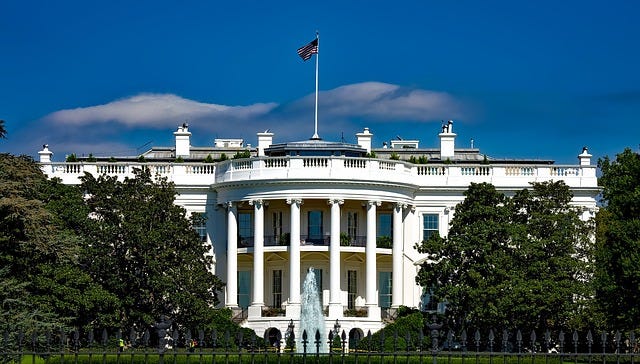"What makes a nation's pillars high And its foundations strong? What makes it mighty to defy The foes that round it throng? It is not gold. Its kingdoms grand Go down in battle shock; Its shafts are laid on sinking sand, Not on abiding rock. Is it the sword? Ask the red dust Of empires passed away; The blood has turned their stones to rust, Their glory to decay. And is it pride? Ah, that bright crown Has seemed to nations sweet; But God has struck its luster down In ashes at his feet. Not gold, but only men can make A people great and strong; Men who, for truth and honor's sake Stand fast and suffer long. Brave men who work while others sleep, Who dares while others fly... They build a nation's pillars deep And lift them to the sky."
Ralph Waldo Emerson's poem, "A Nation's Strength," encapsulates what makes a nation great. The poem's message diverges from the conventional focus on material wealth and military might, shedding light on the often overlooked moral and ethical foundations of a nation's power.
The poem begins by asking about the source of a nation's strength. Emerson dismisses common assumptions, such as gold or material wealth, as the root of national greatness. It sets the stage for his exploration of the elements contributing to a nation's power and influence, including all genders and societal roles.
Emerson's vivid imagery and simple yet profound language draw the reader into a reflective state. He speaks of "men who for truth and honor's sake, stand fast and suffer long." This line underscores the importance of integrity, courage, and resilience. According to Emerson, the character of its people forms the bedrock of a strong nation. Individuals who will endure hardships for higher principles embody the true strength that sustains a nation.
The recurring theme of sacrifice is central to Emerson's vision. He acknowledges that true strength comes from those who will sacrifice their lives for their country. However, this sacrifice is not in pursuit of conquest or dominance. It is in defense of the nation's core values and principles. The poem elevates the concept of patriotic sacrifice, made through love for one's country and commitment to its ideals.
In the concluding lines, Emerson powerfully captures the enduring influence of moral strength when he writes, "The nation's strength lies in individuals who stand for truth and honor."
Emerson's 'A Nation's Strength' is a powerful reminder of the timeless values underpinning a great nation. It calls on individuals to embody truth, honor, wisdom, and faith. The enduring message offers a vision of national greatness. It inspires hope for the future, rooted in society's ethical and moral fabric. It connects us to the past and inspires us for the future.
While Emerson uses the term "men "in the poem, it is important to note that he refers to people in a broader sense. During Emerson's time, "men "was often a generic term for humanity, encompassing all individuals regardless of gender. This inclusive usage was common in the 19th century and reflected the linguistic norms of the era, ensuring that all were part of the discussion.





